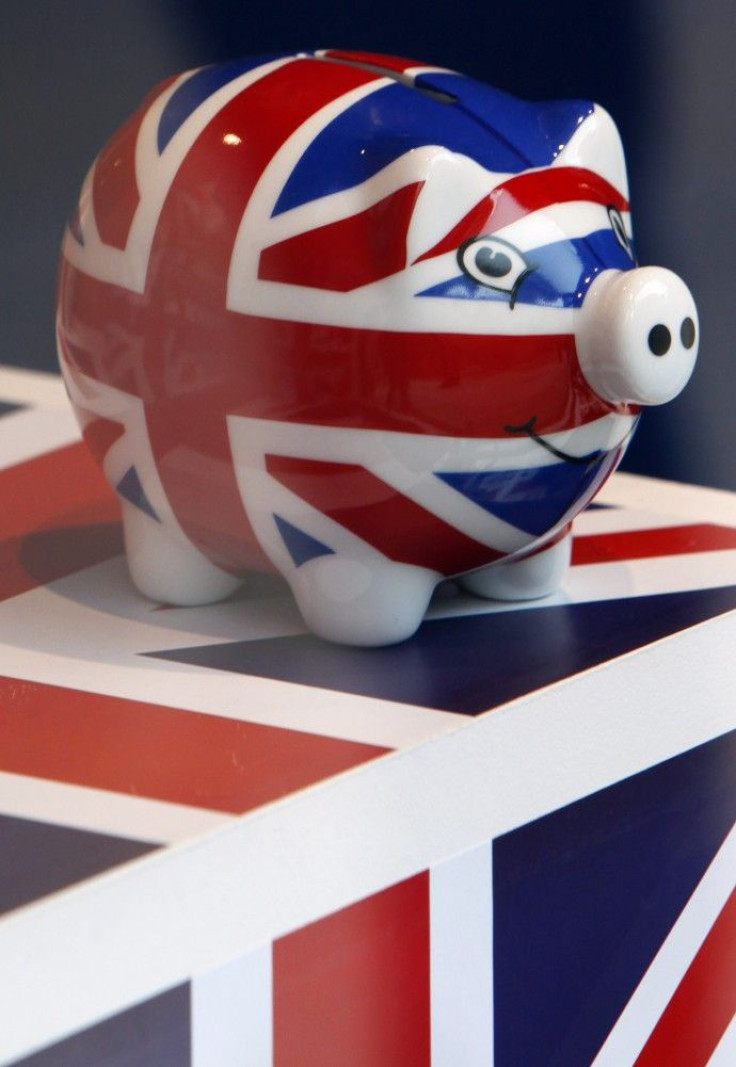Rise in UK university fees amid national furor

Even as the country continued to be rocked by protests, some among which turned violent, Britain's parliament on December 9 approved plans to almost triple tuition fees paid by university students. The British Government is currently plagued by a record budget deficit and hike in university fees is being seen as one of the ways to sustain long-term funding for universities.
The lower house of parliament approved the new plan by a majority of 21 votes, with 27 members of the coalition Conservative and Liberal Democrat parties voting against the plan and a handful refraining from exercise of vote.
The proposed government policy, partly an outcome of the independent review of higher education funding by former BP chief Lord Browne, makes provisions for UK universities to charge students up to £9000 per year, as against the current cap of £3290. However universities charging more than £6000 would have to ensure that there are adequate measures and programs in place that make it possible for students from poorer backgrounds to also study in these institutions. To this end, the Universities charging higher than £6000 would have to enter into access agreements with the Office For Fair Access (Offa). Moreover, if these universities fail to make adequate progress towards attainment of benchmarks decided upon, they are liable to attract penalties up to £500,000 from Offa.
Even under the proposed policy, the government would continue to loan students the money for fees, and graduates earning above £21,000 would compulsorily have to start paying back 9% of their income above that threshold each month. Moreover, the threshold would be annually revised in line with inflation. The interest rate which is at present subsidized at 1.5% would be raised - starting at zero for income levels of £21,000, it would go up to 3% plus inflation for incomes above £41,000.
The new system is expected to come into effect from September 2012.
The fee hikes have drawn widespread protests from students and parents who allege that the new policy will leave graduates under piles of debt and make quality education inaccessible for many. According to figures published on BBC website, students doing three-year courses charged at £6,000 will leave university with about £30,000 of debt - if fees go up to £9,000, debts will be closer to £38,000.
Meanwhile, London witnessed angry scenes and violent clashes between police and protesters on Thursday over the rise in fees; tension escalated and peaked with an assault on a car carrying Prince Charles and the Duchess of Cornwall. A window was smashed and paint was thrown at the vehicle as the royal couple were traveling to a central London theatre.
© Copyright IBTimes 2024. All rights reserved.











